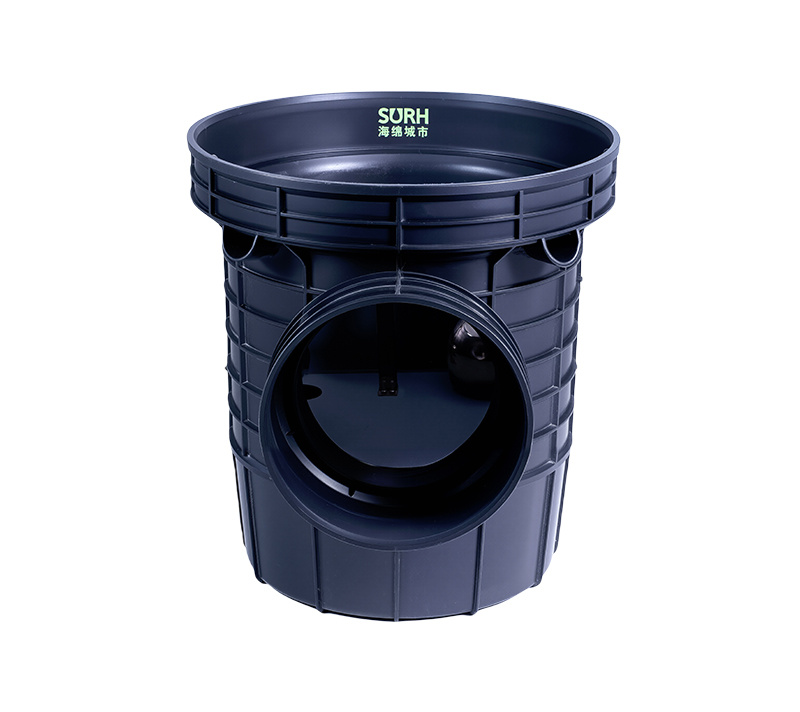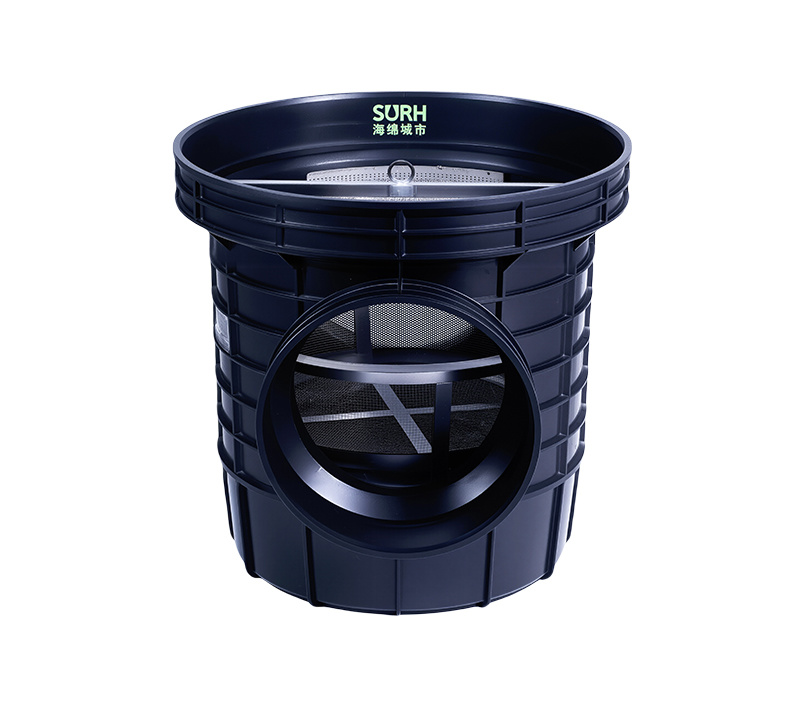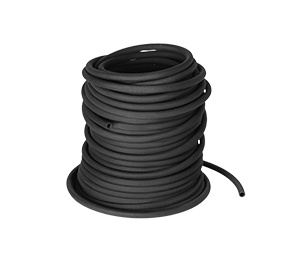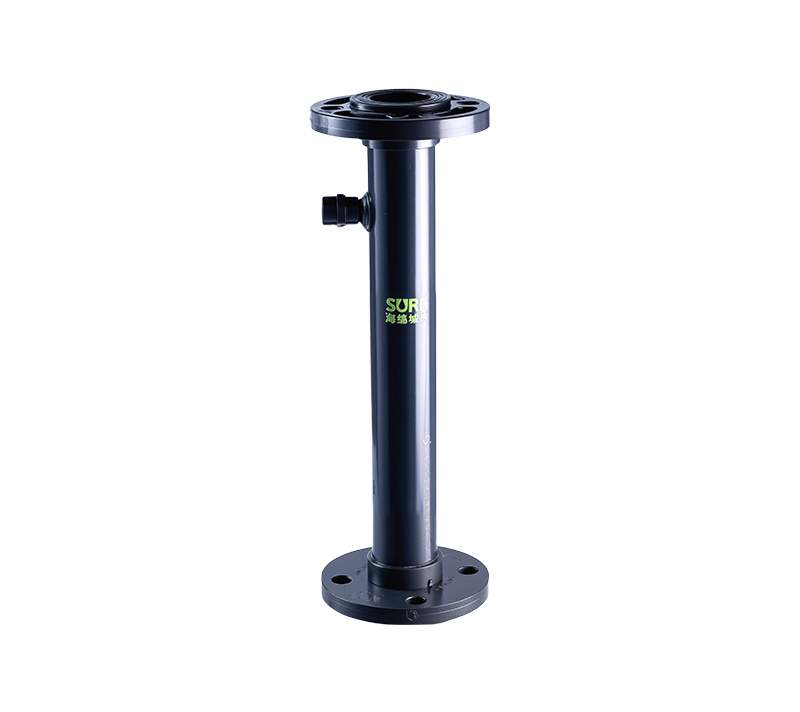
Overview:
This instrument is a primary instrument for measuring precipitation, and its performance meets the requirements of the national standard GB/T11832-2002 "Tipping Bucket Rain Gauge" and the SL21-2006 "Observation Specification for Precipitation" standard.
This instrument is used to observe rainfall and convert it into switch electrical signal output, so that it can meet the further needs of rainfall information data transmission, recording, and display. It can be used with various rainfall alarms, remote sensing terminals and other equipment. It is widely used in water and rain remote sensing, flood control and drought resistance, and mountain torrent disaster early warning systems.
This instrument has been calibrated for accuracy at the factory, and there is no need to adjust the tipping bucket inclination. When installing the instrument, simply install the tipping bucket and adjust the base level according to the requirements of this manual before putting it into use.
Main technical parameters:
Rain receiving opening size: φ 2000+0.60mm. Sharp edge angle: 40o~45o ;
Resolution: 0.2mm: 0.5mm; 1mm;
Rain intensity range: 0.01mm~ 4mm/min (allowable rain intensity 8mm/min); Measurement accuracy: ≤±4%;
Signaling method: Two-way reed switch on-off signal output;
Output
Dual reed switch;
Contact capacity: DC50V/0.2A;
Contact life: 100000o0 (Imax<200mA);
Working environment:
Ambient temperature: 0℃~ +55℃;
Relative humidity: <95%(40℃);
Storage environment:
Ambient temperature: -40℃~ +60℃;
Relative humidity: Unlimited
Functional overview
1. High precision and good stability.
2. Small size and easy installation.
3. Good linearity, long transmission distance, and strong anti-interference ability.
4. The tipping bucket component support system is well-manufactured with small friction torque, so the tipping bucket component is sensitive to tipping, stable in performance, and reliable in operation.
5. The instrument housing is made of stainless steel, which is highly rust-resistant and has a good appearance quality.
6. The rain-receiving opening is integrally stamped and drawn from stainless steel, with high smoothness and small error caused by water retention.
Scope of application:
The tipping bucket rain sensor is a hydrological and meteorological instrument used to measure natural rainfall. At the same time, the rainfall is converted into digital information in the form of a switch output to meet the needs of information transmission, processing, recording and display. It can be used in meteorological stations (stations), hydrological stations, agriculture and forestry, national defense, field weather stations and other relevant departments, and can be used with the rain recording instrument independently developed and produced by our company to measure rainfall, rainfall intensity, rainfall time, etc. It can provide original data for flood control, water supply scheduling, and water condition management of power station reservoirs.
Working principle:
In the initial rainfall, the first 2-5mm of rainwater is generally heavily polluted and the flow rate is relatively small. When flowing through the initial runoff filter device, due to the effect of gravity, the rainwater will first be discharged through the low-level open sewage pipe. After the amount of rainwater increases, the pressure on the baffle increases, and the float ball at the upper end of the sewage pipe closes the sewage pipe under the action of water flow pressure, the liquid level in the bucket rises, and the rainwater flows to the outlet after being filtered through the horizontal filter screen for collection. After the rain stops, as the amount of rainwater stored in the device decreases, the float ball automatically resets under the action of the spring force, taking out the garbage generated by the filtration in the bucket, thereby realizing the multi-function of initial rainwater runoff, filtration, and automatic sewage discharge.
Keywords:
Rainwater deep treatment
Rainwater storage
Rainwater pretreatment
Central Control System
Chip
Accessories






